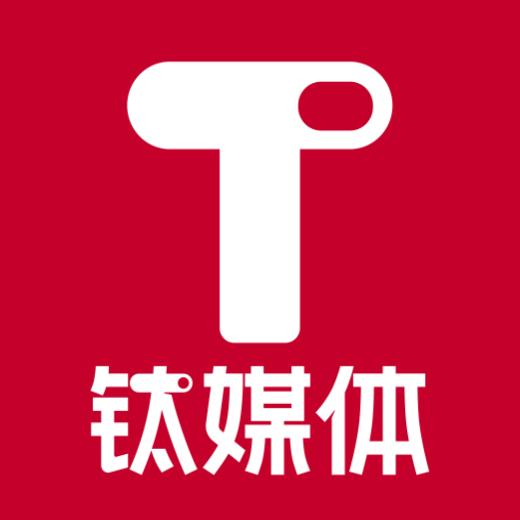TMTPost -- The European Union may launch an investigation to understand the dependence of China-made chips that European business have.

Credit:Visual China
The EU is considering a formal review of how deeply the mature or lower-end chips from China are embedded across industry networks, Bloomberg cited a draft working statement. “The EU and US will continue to collect and share non-confidential information and market intelligence about non-market policies and practices, commit to consult each other on planned actions,” according to the draft, which isn’t finalized and is intended to be presented during April’s EU-US Trade and Technology Council conference in Belgium.
The possible investigation would not target cutting-edge semiconductors but those are vital to the military and sectors such as electric vehicles and infrastructure. It is deemed as a sign that EU could take the first step toward joint curbs with U.S. as the latter is assessing risks of relying on China-originated chips, citing concerns of national security and global supply chain. The U.S. Department of Commerce, Bureau of Industry and Security (BIS), Office of Technology Evaluation (OTE) has been conducting a survey and assessment of the use of mature-node semiconductor devices in the supply chains that support U.S. national security and critical infrastructure. The assessment initiated at the direction of the Secretary of Commerce as part of the Department’s ongoing work to develop robust semiconductor supply chains, support domestic production of semiconductors, and protect U.S. national security, according to a statement of BIS.
The reported EU’s possible effort came as the Biden adminstration is tightening up semiconductor export controls targeting China.The U.S. Department of Commerce introduced a rule entitles “Implementation of Additional Export Controls: Certain Advanced Computing Items; Supercomputer and Semiconductor End Use; Updates and Corrections”, on October 18, 2023. The department said the rule reinforces the controls launched in October 2022 to restrict China’s both purchase and manufacture certain high-end chips critical for military advantage. The agency believes the rules are necessary to maintain the effectiveness of these controls, close loopholes, and ensure they remain durable. U.S. Commerce Secretary Gina Raimondo said the rule targets foreign entities including Chinese ones’ access to U.S. data centers to train AI models.
The rule was supposed to come into effect following a 30-day public comment period. But Nvidia Corporation, the artificial intelligence (AI) chip leader,disclosed on October 25 that the U.S. government informed the licensing requirements of the rule applicable to products having a “total processing performance” of 4800 or more and designed or marketed for data centers, is effective immediately.
The bipartisan leaders of a U.S. House of Representatives panel urged the federal government to take stronger action to stem China’s growing dominance in making older-generation microchips that are essential across several U.S. industries, the Wall Street Journal cited a letter of a committee on China in January. The U.S.’s stepping up control over chip export to China is out-and-out economic bullying, commented Mao Ning, the spokesperson of China’s Foreign Ministry, that month. The U.S. uses national security as a pretext to restrict chip export to China, but the measures it has taken clearly go beyond the realm of national security and have gravely hindered the normal trade of ordinary chips for civilian use, Mao said. She warned that the U.S. behavior is taking a serious toll on the stability of the global industrial and supply chains, and such selfish move will inevitably backfire.
































热门跟贴